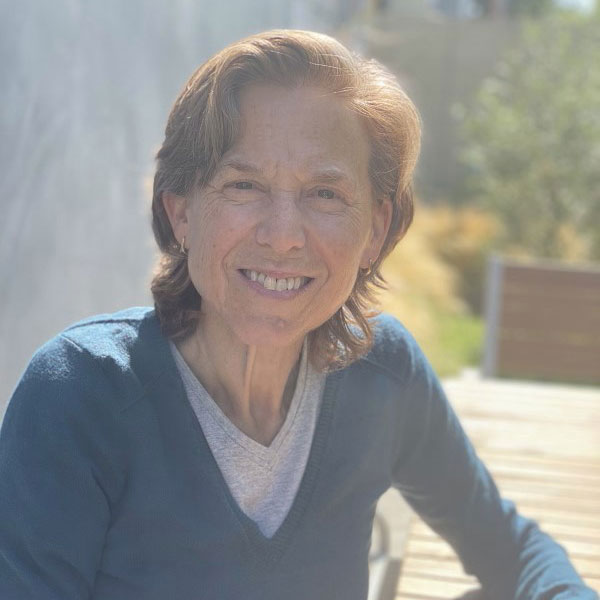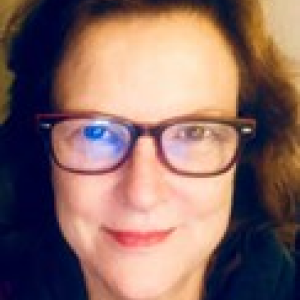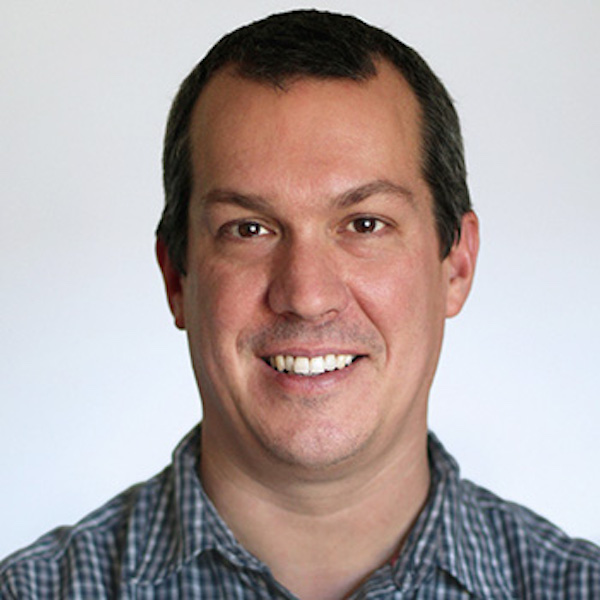A Unique Four-Week Online Course Experience
January 16th through February 6th
The profession of coaching has radically expanded and diversified in its reach over the last 40 years. Driven by technical, social, and dynamic complexity in virtually all economically wealthy societies, coaching has broadened in application having attained a significant role and status within numerous professional domains such as healthcare, business, personal development, and governance. Coaches, facilitators, and transformative leaders each foster transformative learning with client systems in distinct ways depending on context, professional domain, and system level.
Regardless of the domain or system level in which coaching is provided, there are fundamental aspects of coaching that separate the 'sufficient' coach from the extraordinary coach. These aspects in part have to do with seeing oneself and one's coaching clients through both a developmental lens as well as a complexity lens.
The course explores the coaching and facilitation relationship along with the competencies needed to foster client outcomes associated with states of well-being, transforming mindsets, developing meaning structures, shifts of habits, leaps in performance, and paths to living a creative and purposeful life.
This course is based on understanding the complexity revolutions associated with the emergence of coaching as a highly meaningful, well-compensated, and widespread practitioner frame.
Convening Faculty

Melissa Schwartz
Melissa Schwartz, PhD is the Chief Academic Officer at Meridian University where she guides integrally-oriented programs in Education, Business, and Psychology. The Director of Meridian’s Center for Transformative Learning, Melissa is dually licensed as both a psychologist and as a Marriage and Family Therapist (MFT). She serves as a reviewer for the American Psychological Association’s Journal, Psychology of Women Quarterly, and the California Psychological Association’s Office of Professional Development. As well, she serves as a Subject Matter Expert for California’s Board of Behavioral Sciences in the continual development of the state’s MFT licensure examination. Melissa’s research interests are in the areas of adult development, the psychology of women, integral transformative assessment, and the role of culture in transformative learning.
Contributing Faculty

Paddy Pampallis
Dr. Paddy Pampallis, a faculty member at Meridian University, is an educationalist, integral psychologist and IntegralU coach who has immersed herself in human consciousness and development. The founder/CEO of Integral Africa (Institute); The Coaching Centre (TCC, 2003); Integral African Conference (2019 IAC) and Ubuntu Coaching Foundation. She partners Susanne Cook-Greuter co-teaching on Leadership Maturity globally. Her unique application of Wilber’s AQAL theory, into the IntegralU Practice of Leadership & Coaching™, from an Africa perspective, has met with Wilber’s acclaim. Hundreds of students have graduated through the ICF accredited programme (IPCP), and many leaders have benefitted from integrative transformational work with individuals, teams and organisations towards consciousness, mastery and impact.

Steve March
Steve March is the originator of Aletheia Coaching and founder of the Aletheia Coach Training School. Previously, from 2009-2019 he was senior faculty for New Ventures West. He specializes in coaching leaders stepping into new and/or expanded roles and leaders who are burned out (or on the way to becoming burned out). He brings a deep and rich background of sixteen years working in the field of software development as a software engineer, quality manager, senior process consultant, and manager of organizational development.
Course Modules
Week One
The Interplay of Coaching and Facilitation in Human Development
- Facilitating System Well-being and System Development through Transformative Learning
- Development Entails Enhancement of Complexity
- Kinds of Complexity; Technical, Social, Dynamic, and Cognitive
- System Levels and Professional Domains as Contexts for Coaching and Facilitation
- Finding Your Place: Practitioner Frames and Practitioner Habitats
Week Two
States of Consciousness and Development
- Disidentification and Empathy: Towards Freedom of States
- Modularity: Awareness of State-Specific Experience
- Presencing: The Primacy of Flow States
- Centering: The Challenge of Integration
Week Three
Structures of Consciousness: Developmental Power and the Force of Goodness
- From States to Structures
- Cognitive Development is Essential but Insufficient
- Transmuting Reactivity into Capability
- Capabilities are Growth In Structure
Week Four
Identity and Identification in Human Development
- Individuals are Systems Too
- Individuality and the Developemntal Imperative
- Coaching for Performance: Accountability and the Challenge of Deception
- Passionate Intensity: The Will To Create
- Creating a Life and Living a Generative Life
Online Course Format
Course Structure
- Four-week online course from January 16, 2023 through February 6, 2023
- Four live 75-minute Zoom sessions with faculty held Mondays at 10:00 am PT (Pacific Time) and recorded for participants who cannot join every session live
- Resources, networking, and emergent community outcomes
- Content and collaboration via Meridian's social learning platform
Course Schedule
- January 16 at 10 am PT - First live course session
- January 23 at 10 am PT - Second live course session
- January 30 at 10 am PT - Third live course session
- February 6 at 10 am PT - Fourth live course session
Course Fees
$175, including the synchronous course video calls (with access to recordings until one month after the course ends), online learning platform access, participation in the course learning community, and written course resources.
Accreditation
Meridian University is accredited by the Western Association of Schools and Colleges (WASC) - a higher education accreditor recognized by the United States Department of Education. WASC is also the accreditor for Stanford University, UCLA, and the University of California at Berkeley.
Frequently Asked Questions
Meridian’s online courses are conducted via the University's own learning platform.
Our online courses promote community learning, through strong interactive engagement with fellow students and faculty as well as live video sessions with faculty.
You will need an email account, a high-speed internet connection, and access to a computer, iOS or Android device.
If you are planning to attend the course video calls live, you will need a webcam and microphone for your device. (Course video calls are conducted with participants video-enabled.)
Live 75-min video sessions with faculty and fellow students will be conducted throughout the course. Each week's live video call will be recorded and posted on the course platform.
Video presentations, readings, discussions and learning activities will be accessible asynchronously and may be completed on participants' own schedule. Course resources and recordings will remain available up to 30 days after the close of the course.
Full refunds are available until two (2) days before the course begins, by request via email.
You do not need to apply to a Meridian graduate degree program to take this online course. This course is one of Meridian’s open-enrollment courses
The course support team will be available to assist from start to finish. Please send your questions/requests/issues to openenrollment@meridianuniversity.edu
Convening faculty generally lead each live session. Contributing faculty typically contribute in one of the live course sessions. Course resources address the work of both convening and contributing faculty.
Meridian has institutional and federal financial aid options for our graduate degree programs. This open enrollment course does not have financial aid or payment plans available.